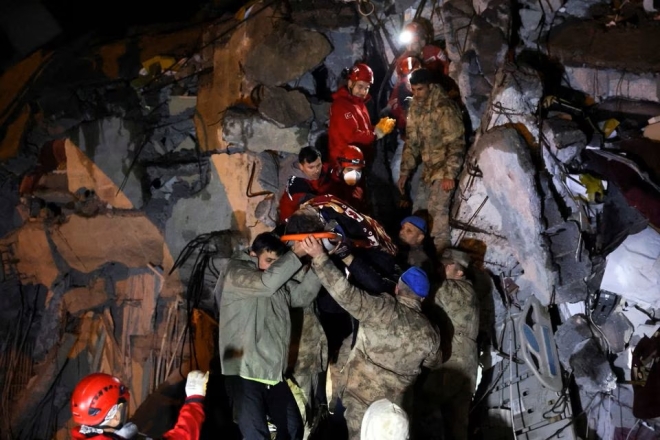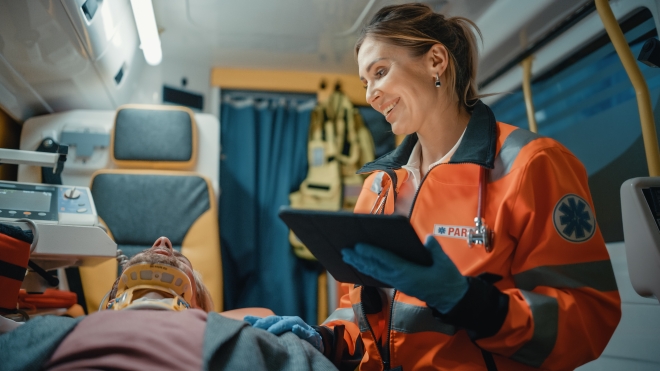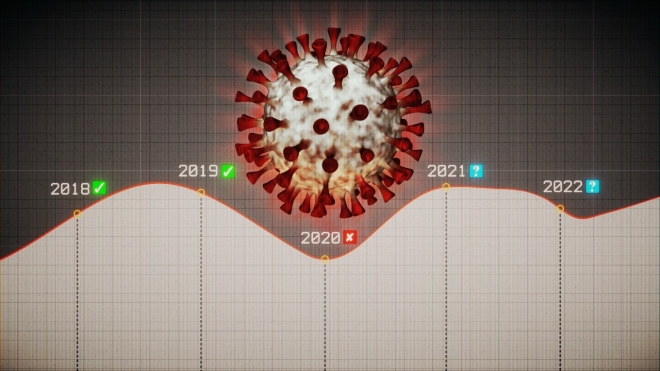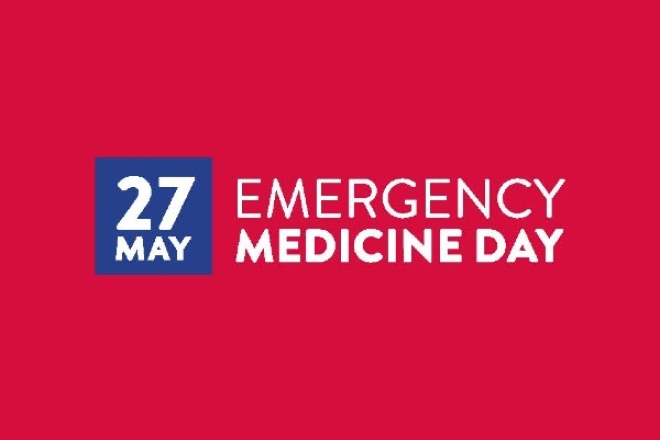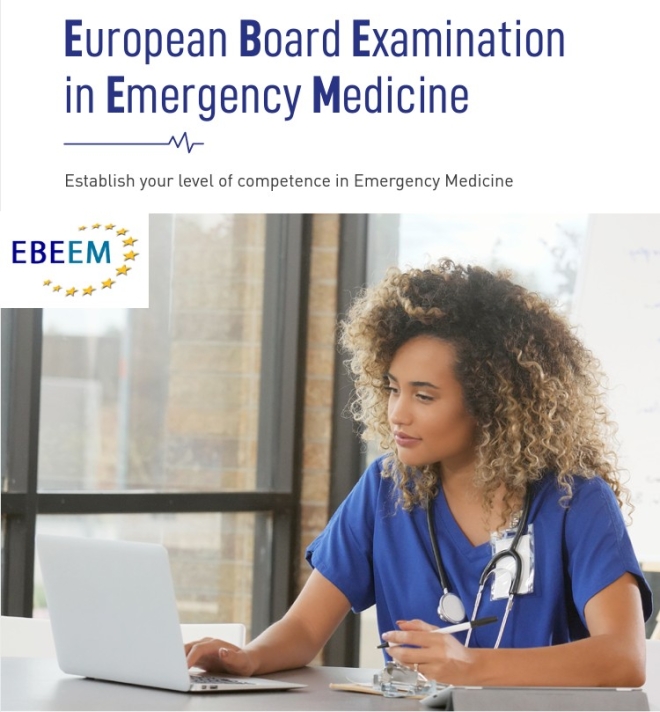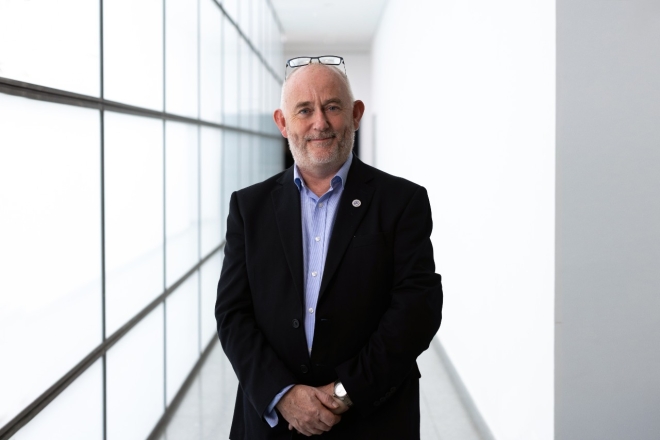Welcome to the EUSEM newsletter for December 2022. I am truly proud to have been elected by the membership of EUSEM to represent you as the President for the next 2 years. I would like to start by thanking the outgoing President Abdo Khoury for not only steering EUSEM through a difficult period while still strengthening EUSEM as a society.
It was fantastic to be in Berlin with so many of you. You all helped make the congress an incredible success. I would wish to personally thank DGINA for their incredible work in making it so. There are far too many others to mention but once again Patrick Plaisance’s leadership of the ECOC was pivotal and the Scientific committee (Senad Tabakovic and Christian Hohenstein) worked tirelessly to create the scientific programme.
It was great to see so many of the emergency family and to share ideas and hopes for the future, even in these difficult times. More than that it was great to just take some time out of the pressures we are all experiencing and to find some time to laugh and dance (and for those of you fortunate/ unfortunate {delete as appropriate} enough to find the karaoke bar to sing!!).
For those I have not yet met I would like to introduce myself. I consider myself, more than anything, a working front door EM Doctor. EM has been a major part of my life for over 30 years and like many of you the passion to do the best for every patient who entrusts themselves to our care remains a strong driver. In case you didn’t know I also do a bit of ultrasound now and then. I live and work in the North of England in a busy ED/ Trauma Centre. Like most of you I think my team are the best there is!!My outside interests include travel and football but for the sake of impartiality, I will not declare my favourite team.
I have been involved in EUSEM on and off for nearly 20 years during which time the Society has grown steadily, not only in membership and attendance at conferences, but in its many other functions. Educationally I look towards next year with the creation of several new ecourses and several new educational events are planned throughout the year. The research group remains busy and I remain grateful for all the members of sections and committees who continue to give their time and effort so generously.
In the coming year EUSEM will also continue to advocate for those working in Emergency Medicine especially in highlighting the importance of working conditions and appropriate support for those who provide care in emergencies. We all know the next period will not be easy.
If you are not yet involved in EUSEM I would encourage you to become involved in our task to make Emergency Care the gest it can be for all those we serve. There are many opportunities and sections to become part of. I am keen to hear your ideas and happy to be contacted directly to offer any support I can for your ideas ( This email address is being protected from spambots. You need JavaScript enabled to view it.) ).
Finally, I want to wish you and your families a wonderful and hopefully peaceful holiday period. To those working on the frontline this Christmas and New Year I hope it is as peaceful as it can be, whilst recognising it is our busiest period as a specialty. This Christmas I am sure you will also join me in sending continued thoughts and prayers for those caught up in conflicts and disasters especially to our EM family in Ukraine.
I look forwards to meeting many of you next year
Jim Connolly

